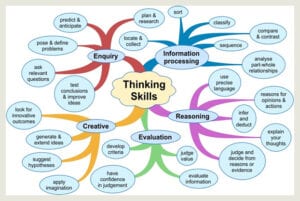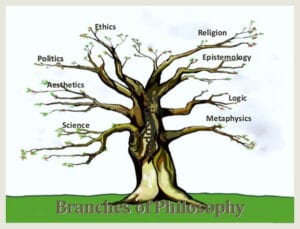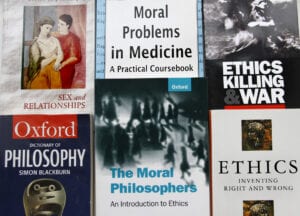Sociology is a fascinating way of trying to understand our complex and constantly changing society.
Sociology is not about simply presenting facts about society. Instead it is about different interpretations of those facts and explanations for why they occur.
Sociologists seek to identify patterns and relationships between different parts of society and seek to establish meaning through the study of evidence. Sociology is also concerned with ideas and theories about the nature of society and the individuals in it. A key element of sociology is an attempt to understand out identities and the cultures we live in.
Sociology is an inherently interesting subject because it is about all of us and our place in society. It helps you to think beyond the obvious and it helps you to think differently about the world.
Topics You will cover
The first year A Level course focuses on the study of the sociology of Culture and Identity, Education and Research Methods.
Culture and identity looks at our sense of self and how this is created, the role of class, gender, ethnicity, age and disability in forming our identity, and the way in which these affect how we behave, why do we watch the programs and films we watch, why do we dress the way that we do?
Education looks at the role of schooling, explanations of class, gender and ethnic achievement ‘gaps’ and the role subcultures play in schools. We examine the extent to which our identity creates our educational success.
Research methods gives an introduction to the practical, theoretical and ethical reasons why sociologists choose the research methods they use, and the strengths and limitations of using them. It looks at the issue of how we ‘know’ things.
The second year focuses on crime and deviance, and the inequalities in society through wealth, gender and ethnicity, and theory and methods. Crime and deviance looks at a range of explanations for why people engage in criminal and deviant behaviour, different patterns of criminal activity and types of criminality, and also why do we have the laws we do have?
We also look at the influence that media has on our personal tastes, ideas and behaviour. Is it ‘fake news’ controlled by the rich and powerful or do we control it?
The theory and methods part of the course focuses on more philosophical issues such as the nature of science and the place of values in sociology, and introduces students to the way in which phenomenologist’s, postmodernists, and Marxists, for example, interpret the world. It builds on the first year issue of how we ‘know’ things.
Sociology is a vital subject for those who want to work in sectors which deal with people. This covers a wide range from media, through education, social work and medicine. The Admissions team at Sheffield University have said that they would like it if prospective medical students have sociological perspectives on medical care in urban areas.
Entry Guidelines
Other than the College’s general entry requirements there are no additional qualifications needed to study Sociology.






